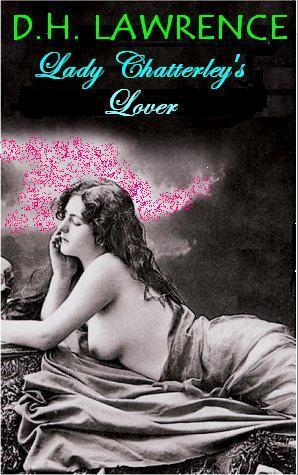Das Mulheres

And however one might sentimentalize it, this sex business was one of the most ancient, sordid connexions and subjections. Poets who glorified it were mostly men. Women had always known there was something better, something higher. And now they knew it more definitely than ever. The beautiful pure freedom of a woman was infinitely more wonderful than any sexual love. The only unfortunate thing was that men lagged so far behind women in the matter. They insisted on the sex thing like dogs.
And a woman had to yield. A man was like a child with his appetites. A woman had to yield him what he wanted, or like a child he would probably turn nasty and flounce away and spoil what was a very pleasant connexion. But a woman could yield to a man without yielding her inner, free self. That the poets and talkers about sex did not seem to have taken sufficiently into account. A woman could take a man without really giving herself away. Certainly she could take him without giving herself into his power. Rather she could use this sex thing to have power over him. For she only had to hold herself back in sexual intercourse, and let him finish and expend himself without herself coming to the crisis: and then she could prolong the connexion and achieve her orgasm and her crisis while he was merely her tool.
Both sisters had had their love experience by the time the war came, and they were hurried home. Neither was ever in love with a young man unless he and she were verbally very near: that is unless they were profoundly interested, TALKING to one another. The amazing, the profound, the unbelievable thrill there was in passionately talking to some really clever young man by the hour, resuming day after day for months...this they had never realized till it happened! The paradisal promise: Thou shalt have men to talk to!---had never been uttered. It was fulfilled before they knew what a promise it was.
And if after the roused intimacy of these vivid and soul-enlightened discussions the sex thing became more or less inevitable, then let it. It marked the end of a chapter. It had a thrill of its own too: a queer vibrating thrill inside the body, a final spasm of self-assertion, like the last word, exciting, and very like the row of asterisks that can be put to show the end of a paragraph, and a break in the theme.
Lady Chatterley’s Lover, DH Lawrence, cap 1

No comments:
Post a Comment